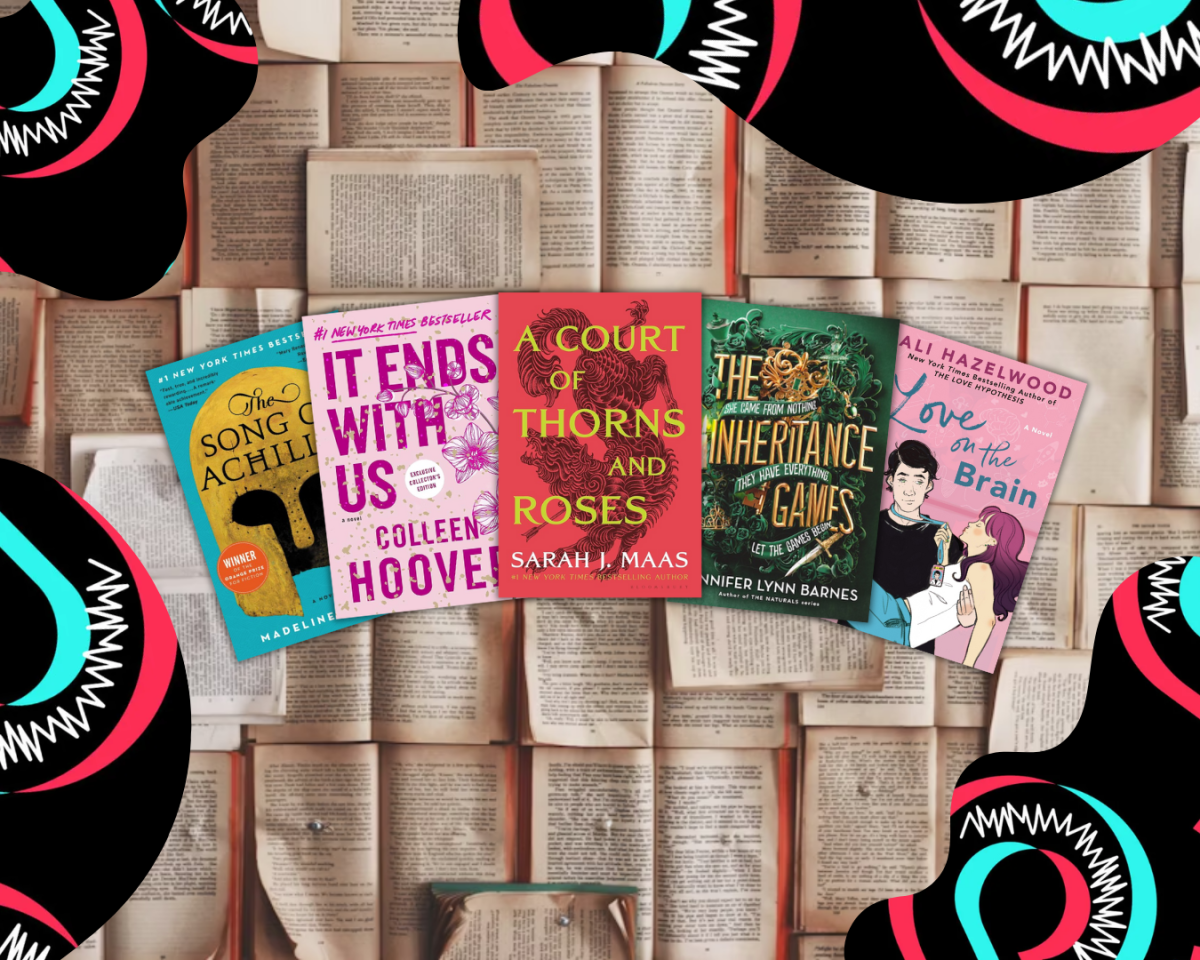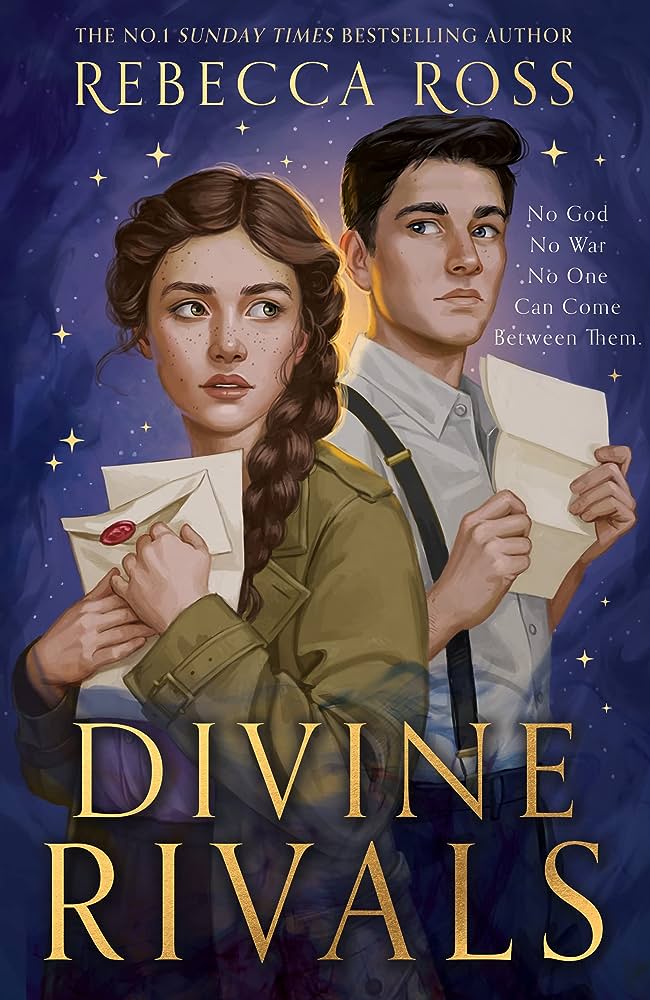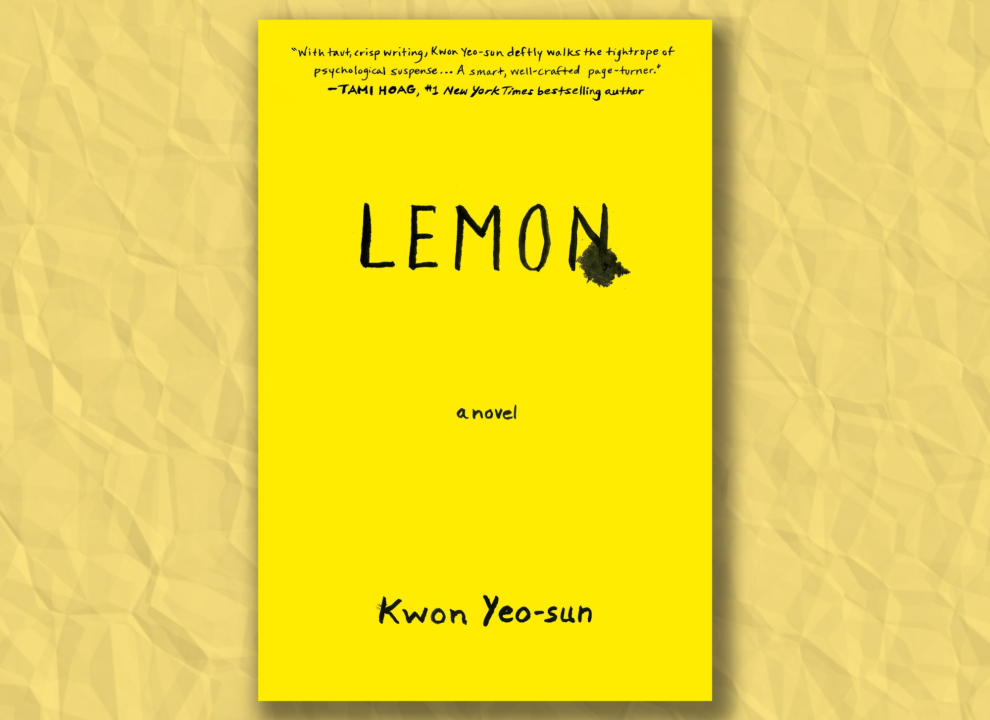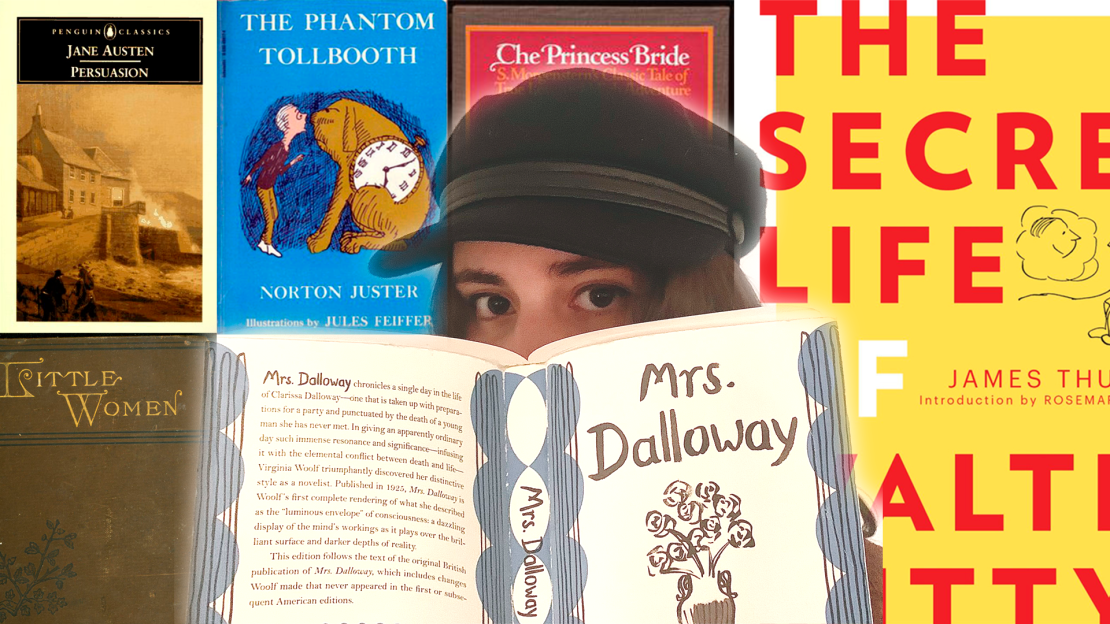
This is a new feature in The Statesman that will review books in a unique way. Rather than the staid, straightforward critical reviews that you would typically find in The New York Times, this new approach will be breezy and more conversational but still offers a critical lens of the book. Happy reading!
When I heard there was going to be a new Percy Jackson book from Rick Riordan called “The Chalice of the Gods” coming out this year, I was ecstatic. Then, I heard that it would be told in the first-person point of view, which is similar to the narration of the original series, and I could not believe it. After I finally read it this month, I absolutely loved it.
I was a massive fan of the series in middle school when the sequel series, “The Heroes of Olympus,” was first published. I delved into the large variety of spinoffs and immersed myself in the Greek mythology that went beyond the Percy Jackson universe. Eventually the series ended, and I began to lose interest; it wasn’t until my collegiate years that my love for the series returned.As a fan, I believe that Riordan has not missed a beat since “The Last Olympian” was released in 2009. The original book series mastered the iconic blend of ancient mythological adventure and the mundane aspects of modern life. In the recent installment, Percy must complete three quests to receive recommendation letters to be accepted into New Rome University, a demigod university. The story follows Percy as he embarks on a quest to locate Ganymede, the cupbearer of Zeus, which leads him to search for hidden fantastical locations that have been scattered across New York City.
The standout stop on the quest is called Hebe Jeebies, a family entertainment center run by Hebe, the goddess of youth. She entices people with the allure of nostalgia and offers them the gift of youth. This scenario bears an uncanny resemblance to a scene in the first novel, “The Lightning Thief,” where protagonists Percy, Grover and Annabeth find themselves trapped in a casino where time moves at a much slower pace. The trio’s attempts at escaping Hebe’s grip leads to many funny moments but also raises existential questions that challenge these characters as they grow older.
These profound themes are the strongest parts of the novel. The action and humor ground the story in the middle-grade genre while the looming concerns of aging, nostalgia and anxiety keep the book relevant to fans; in a way, the series grew with its original audience. Seeing Percy, a character I love dearly, grapple with the same anxieties I experienced about going to college and life beyond it drew me to the book even more than I initially expected.
The questioning of nostalgia did ring a bit hollow at first, considering the book is a follow-up to a series that ended over a decade ago. The book arrived at the conclusion that nostalgia can bring people happiness while looking back on fond memories, so long as they do not spend all of their time dwelling on the past.
My rediscovery of the series as a whole made this recurring theme of nostalgia stand out to me while reading. I think that “The Chalice of the Gods” was a nice return to Riordan’s fictional world, but I worry that the media attention may become oversaturated again. Fans already have a sequel to this book that has been confirmed for this year in addition to the upcoming Disney+ show, and I hope that the show’s producers are able to truly honor the original series — not just perform a cash grab.
The biggest flaws in this book are its pop-culture references to various singers, television shows and slang phrases that diminish the immersion while reading.
One reference that stood out was the “Himbo Smoothies” restaurant that the trio visits while on their journey. The protagonists spend multiple scenes in this smoothie bar, and there is even a chapter title dedicated to it. However, the incorporation of the restaurant felt out of place with the backdrops of the modern and mythological worlds. Ultimately, every time it was mentioned, I became a little more disengaged from the book.
In another scene, Percy references a lesser-known song by John Lennon titled “Jealous Guy” while simultaneously forgetting the singer’s name. A couple of chapters later, he provides an in-depth description of Iris, the goddess of the rainbow, by comparing her to a fan he witnessed at a Stevie Nicks concert. Percy fails to remember a historically famous musician while referencing his song, yet is able to make a specific reference to a similarly old-school performer.
These inconsistent references give the impression that Riordan is adding these details for the sake of making the book appear more relatable. However, it distracts the reader and pulls them out of the fantasy world — leaving them confused and detracting from the overall reading experience.
These flaws may seem minor, but they are a testament to the overall strength of the writing.
While “The Chalice of the Gods” has its flaws, it is a hilariously well-written return to the world of Percy Jackson and Greek mythology. It follows the same structures and narrative styles of the earlier books while evolving the story to appeal to new and old fans alike. This is a must-read for anyone who is a veteran fan of the original Percy Jackson series, and a great introductory read for anyone who is not yet a fan.


















